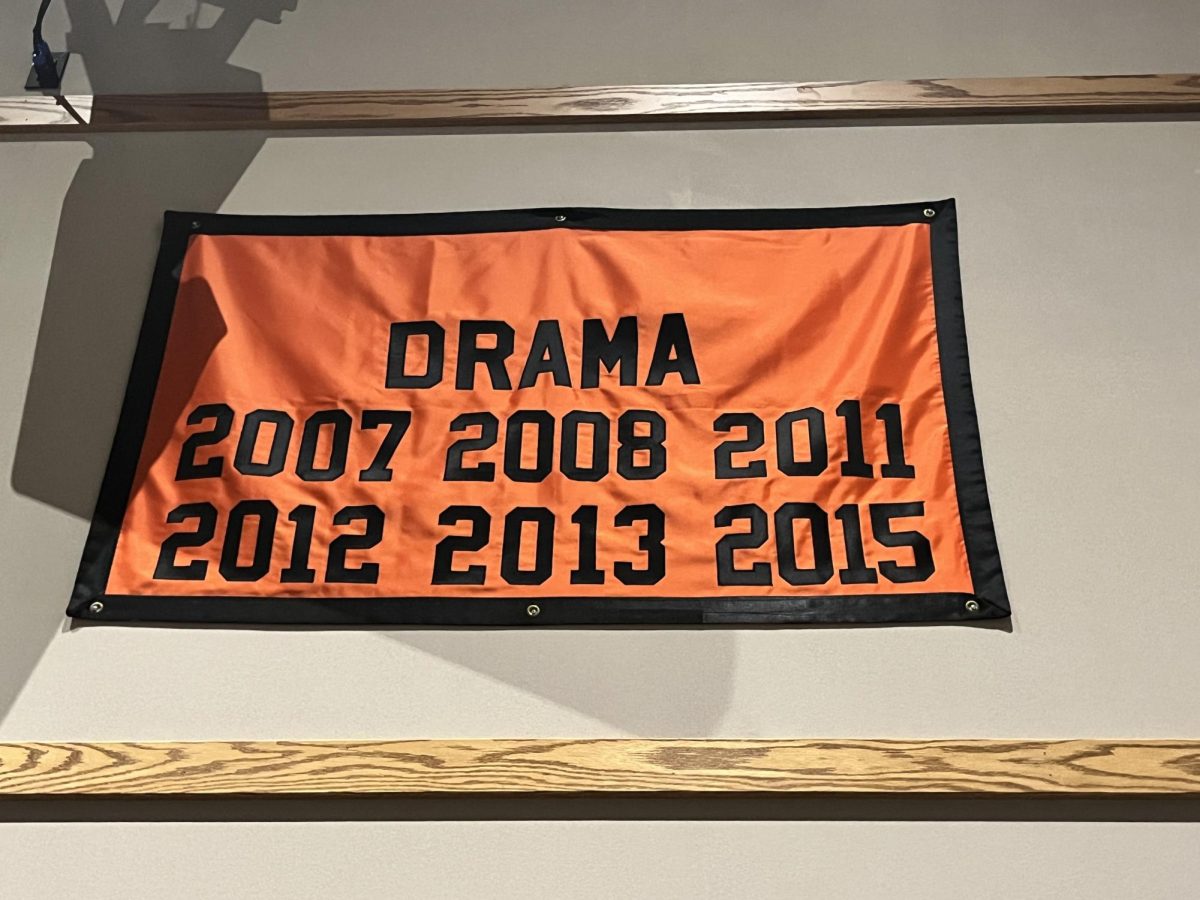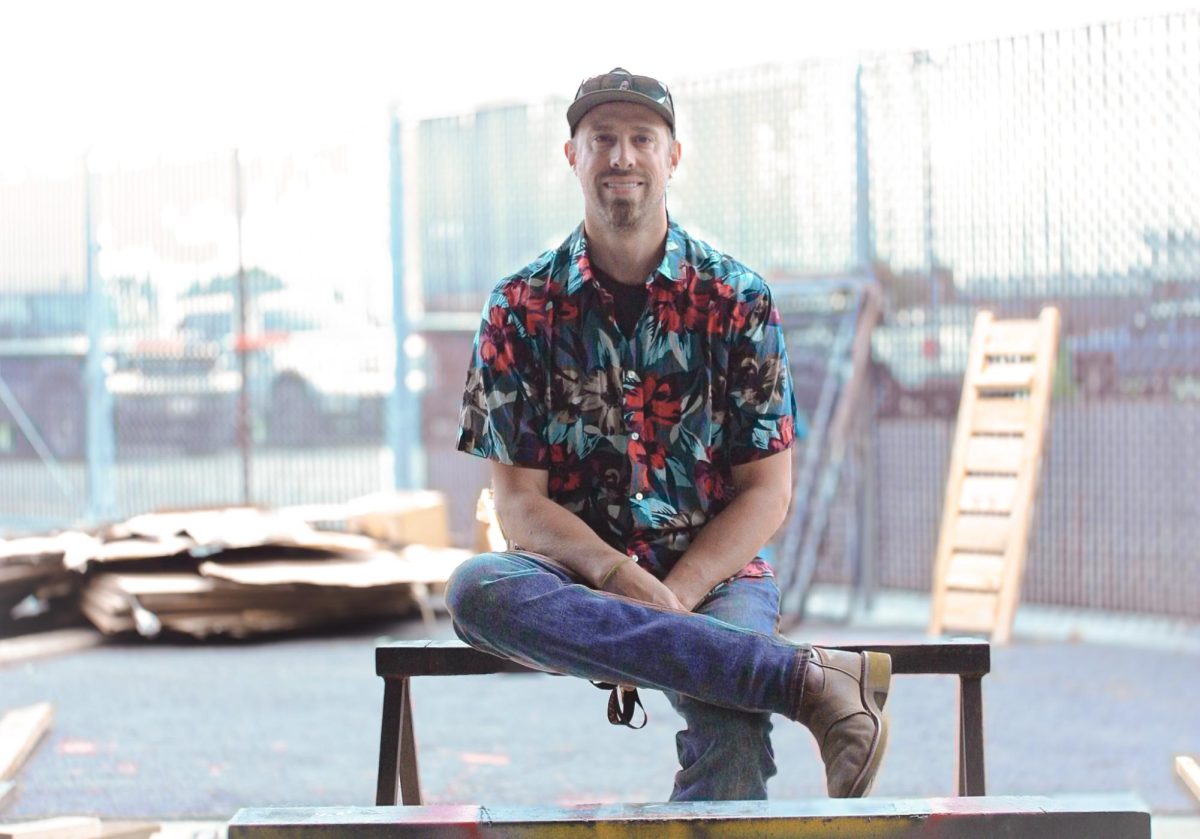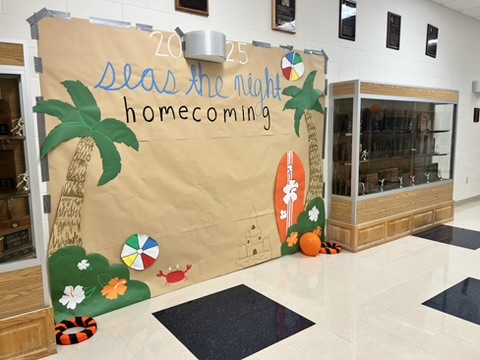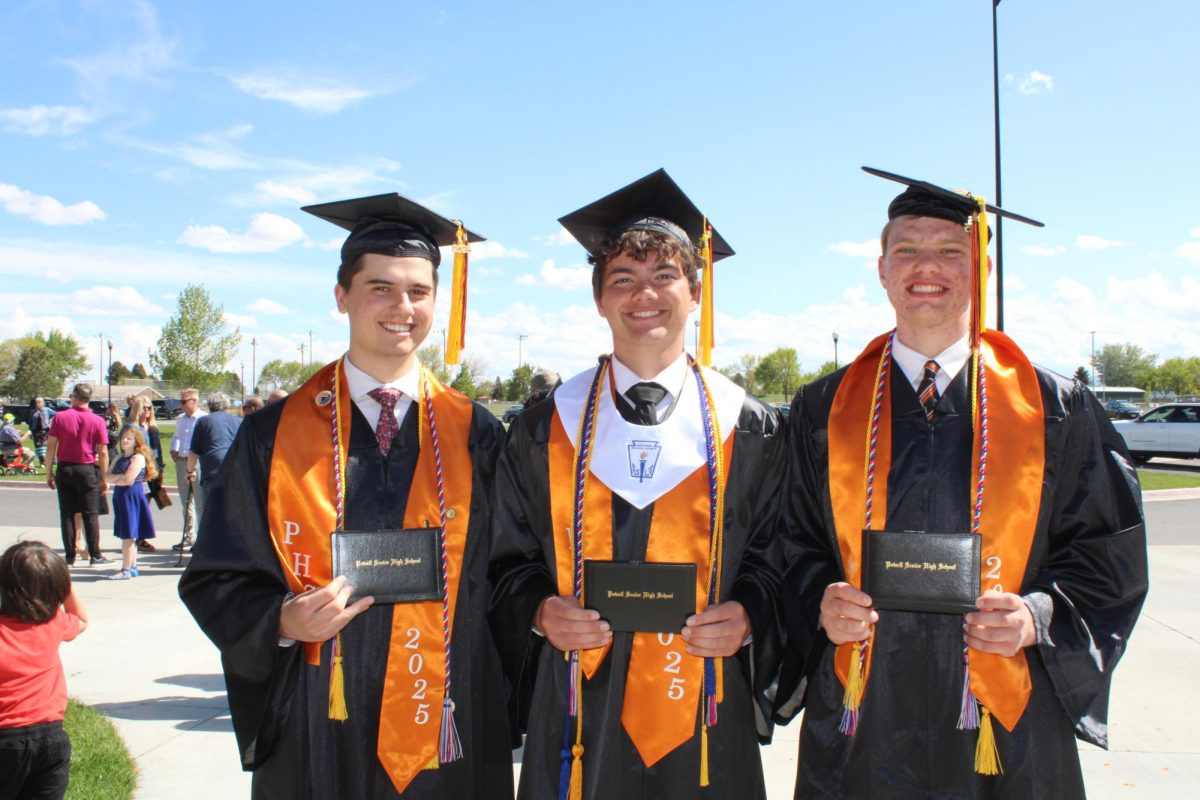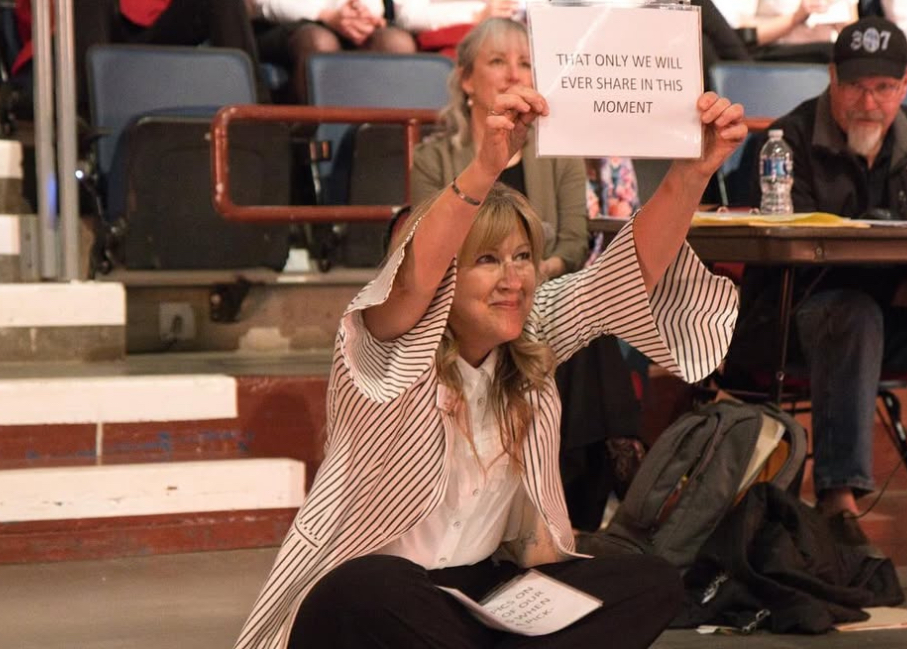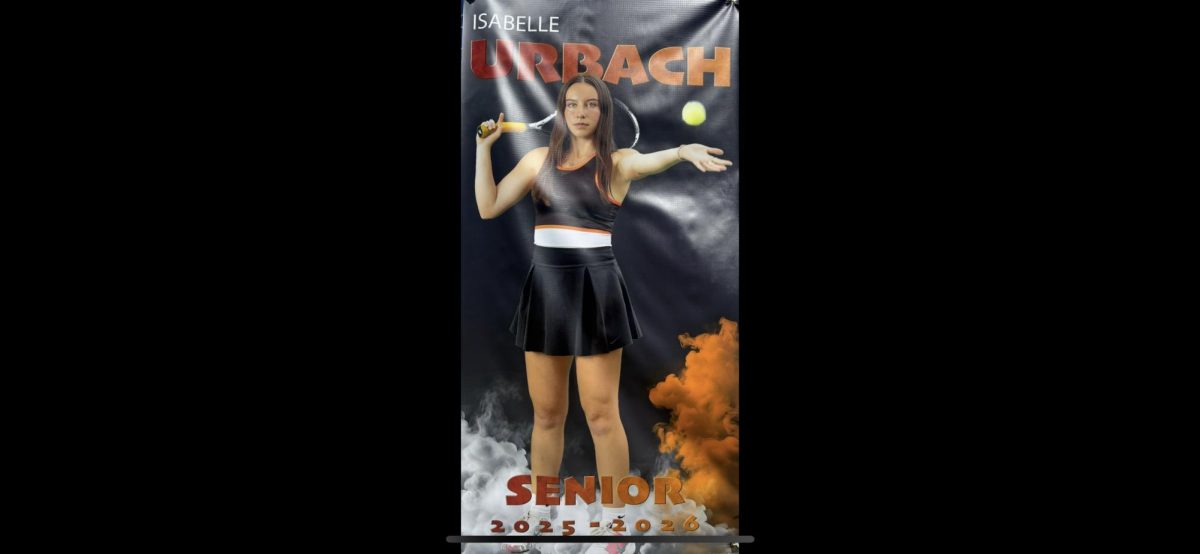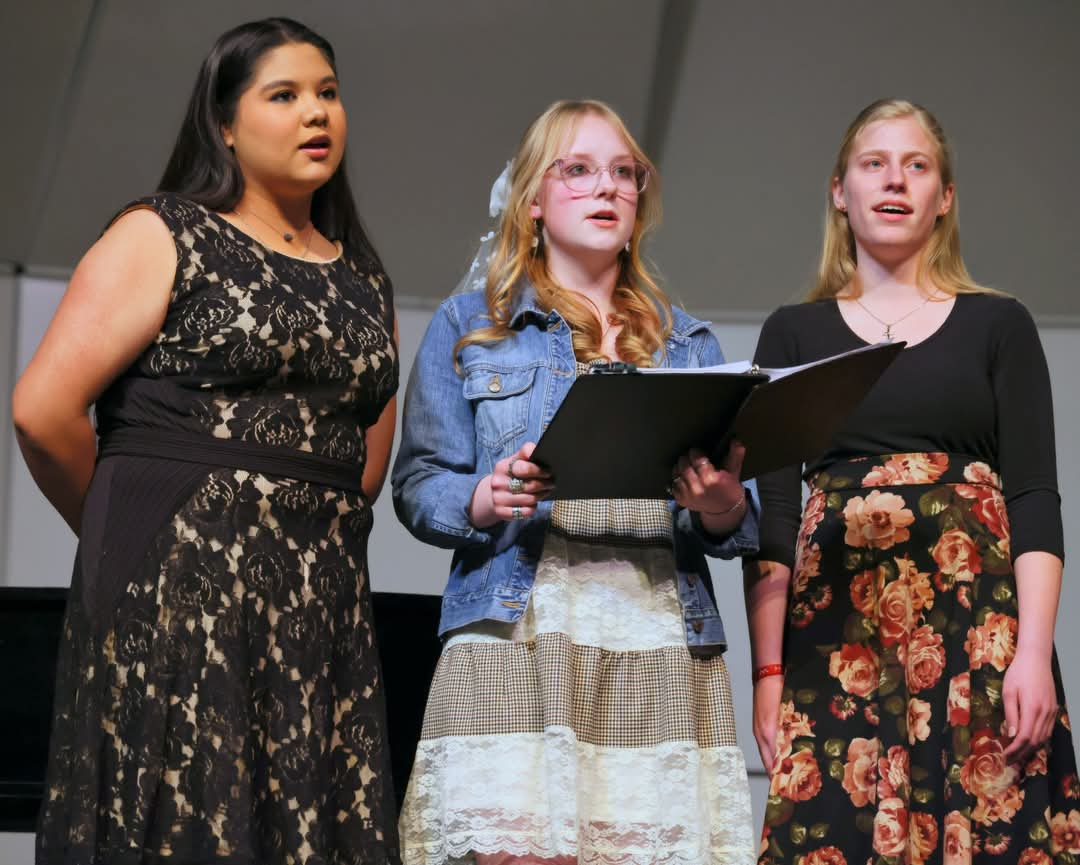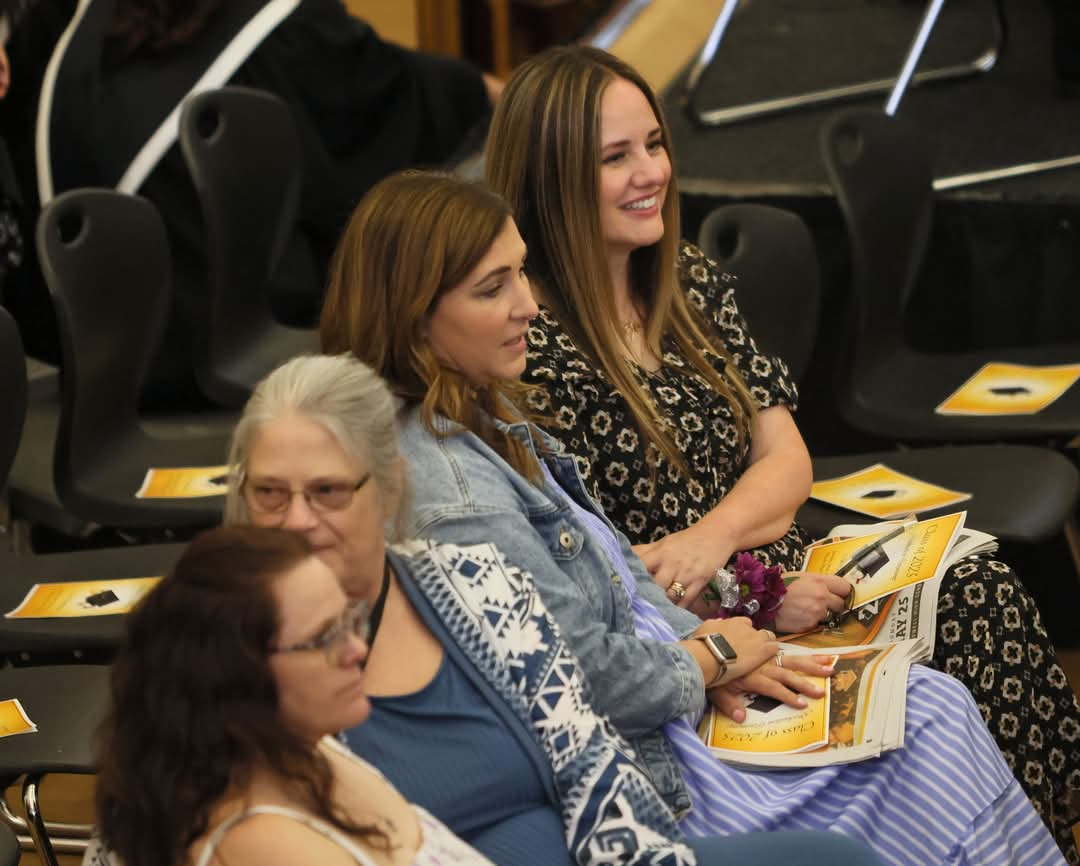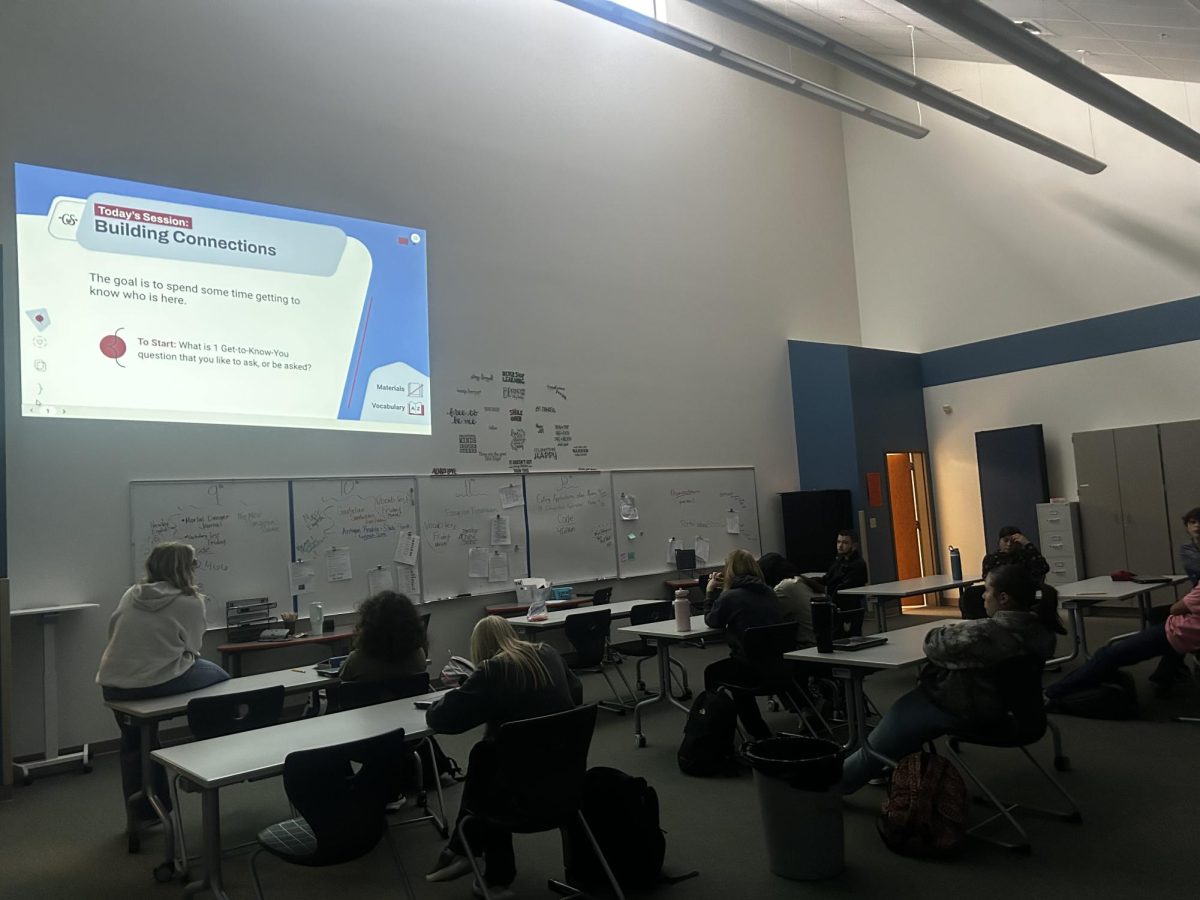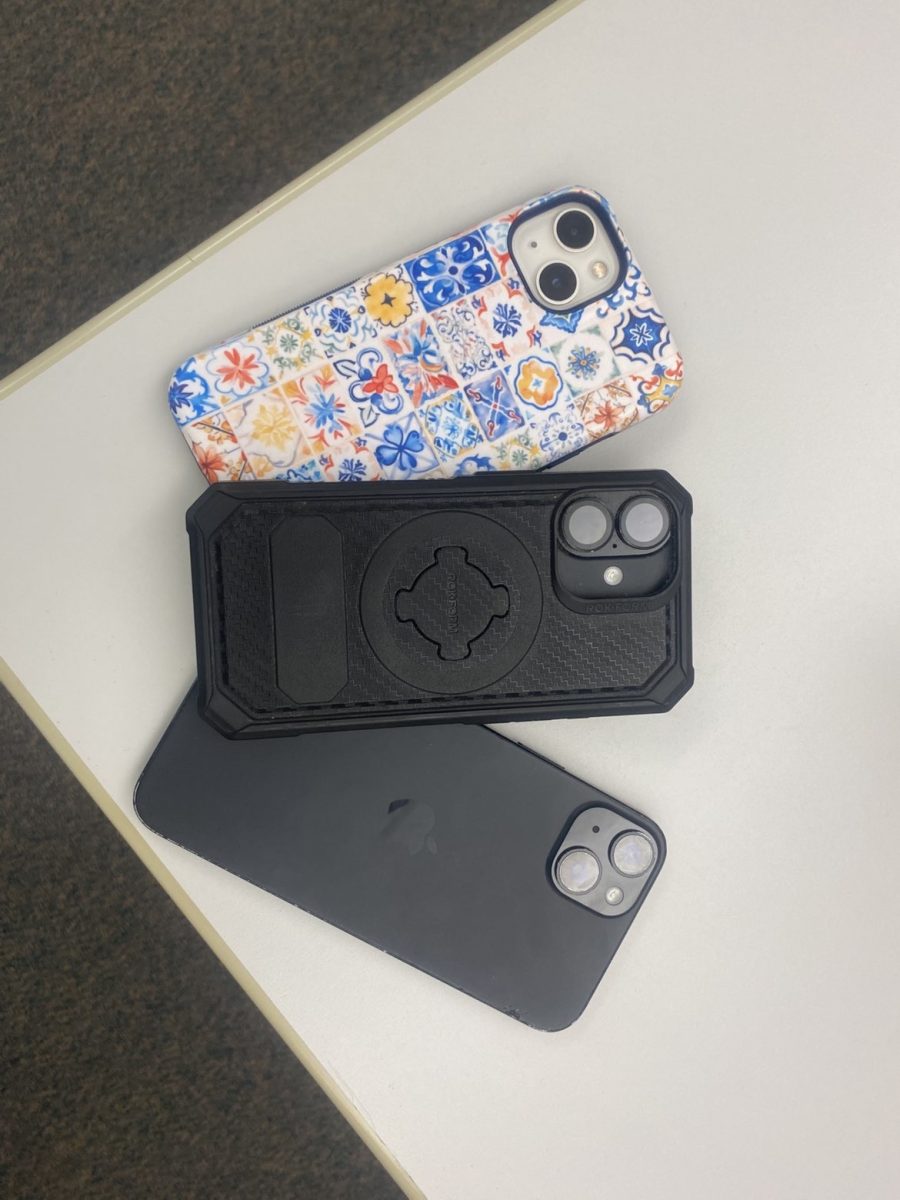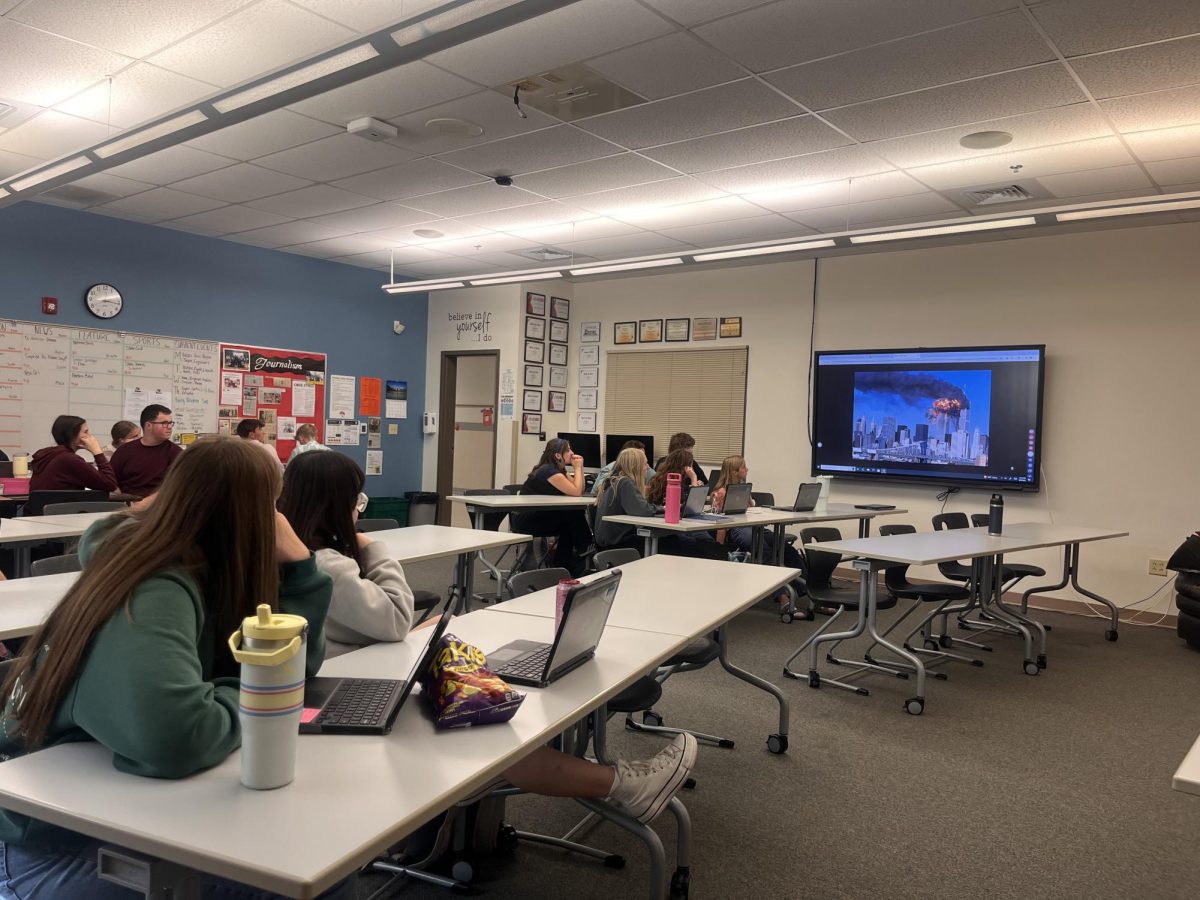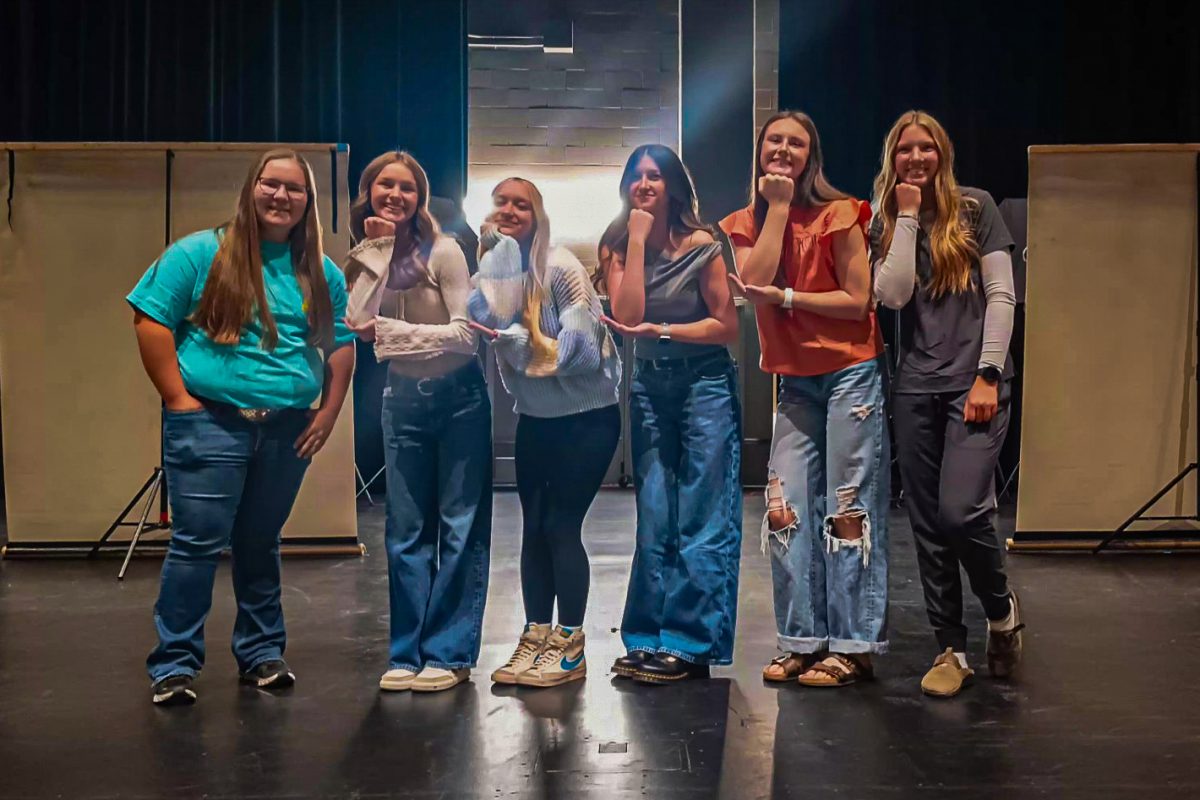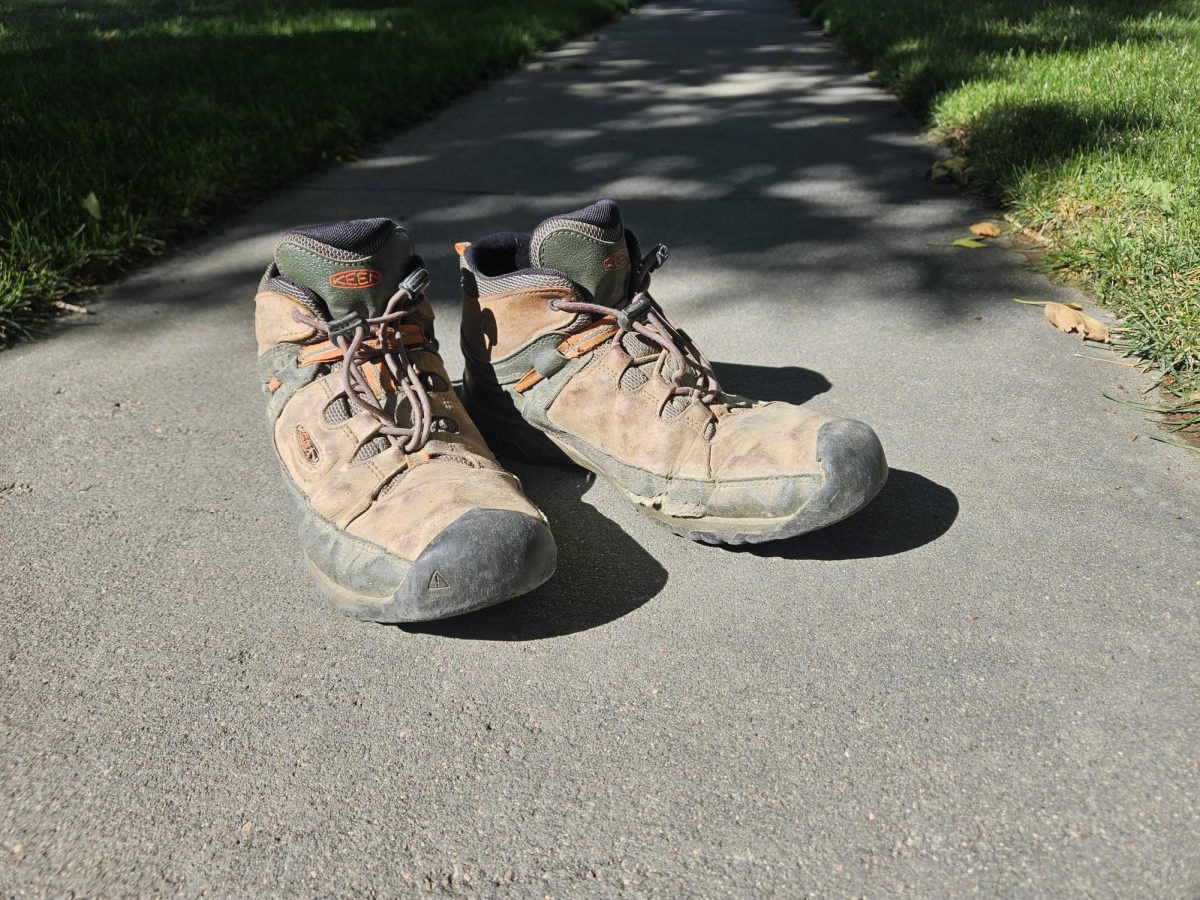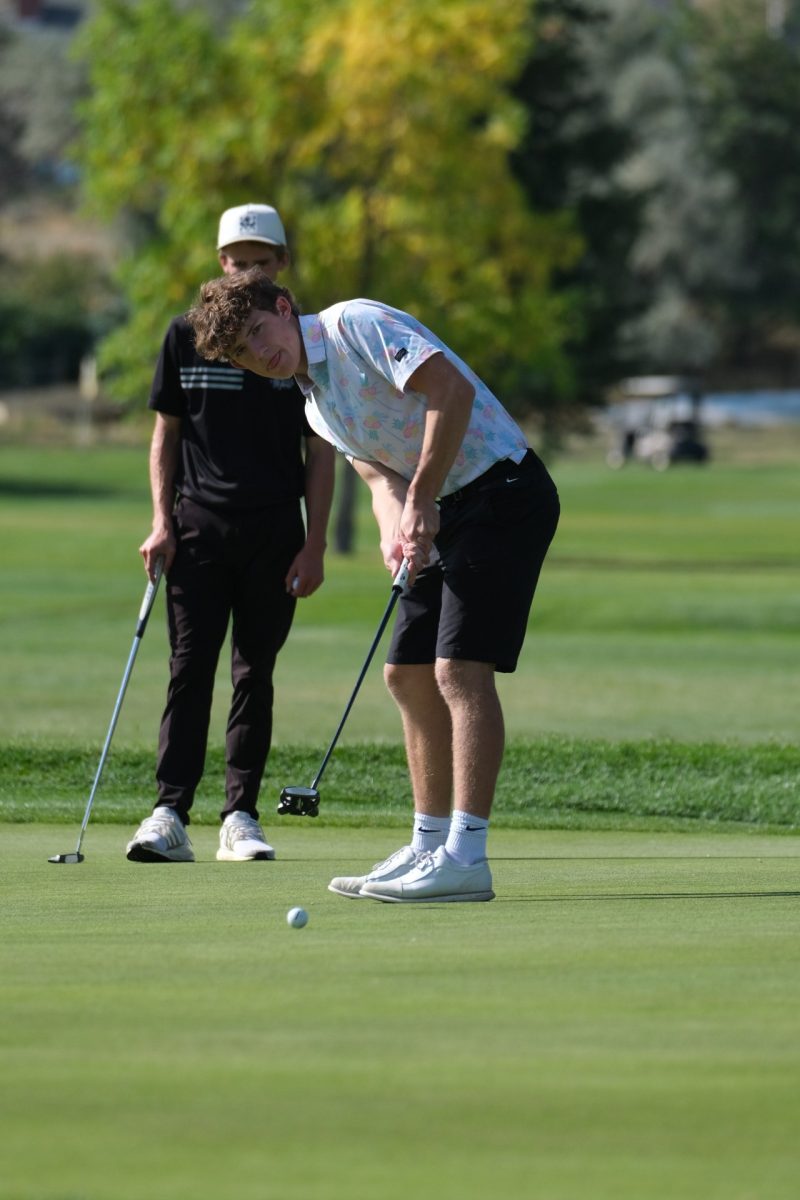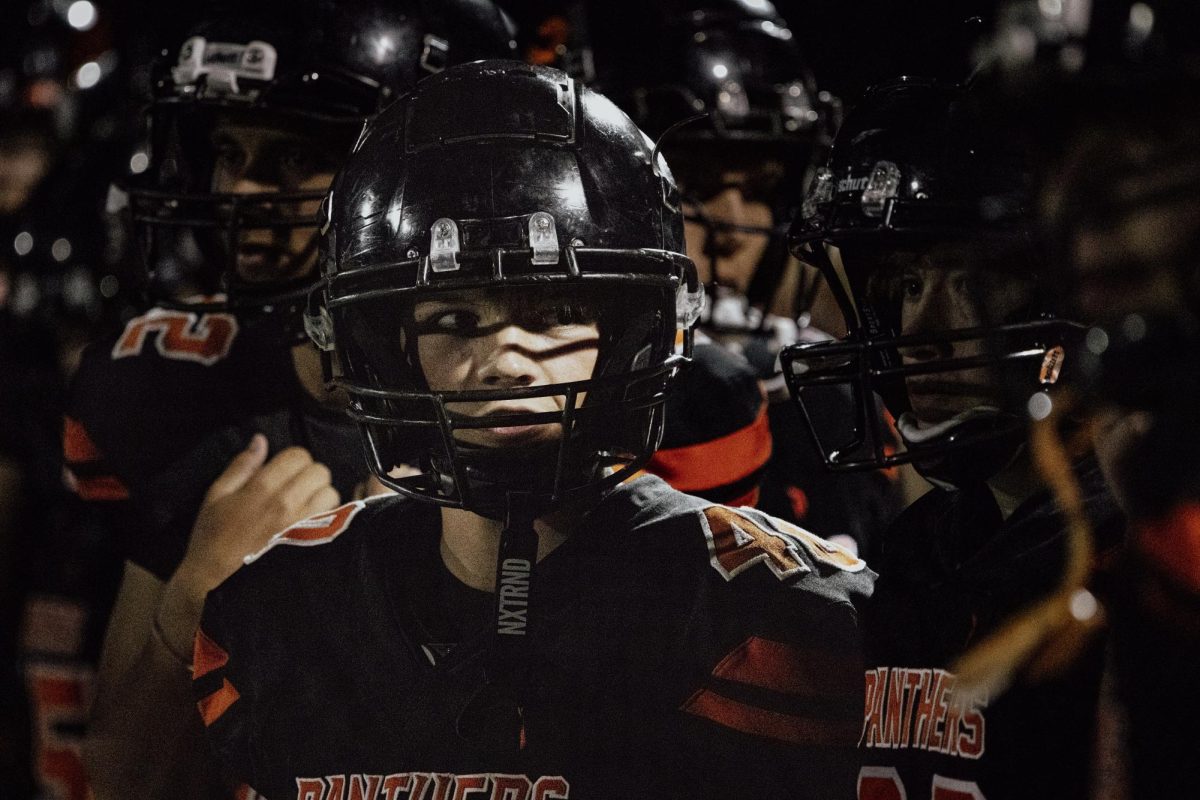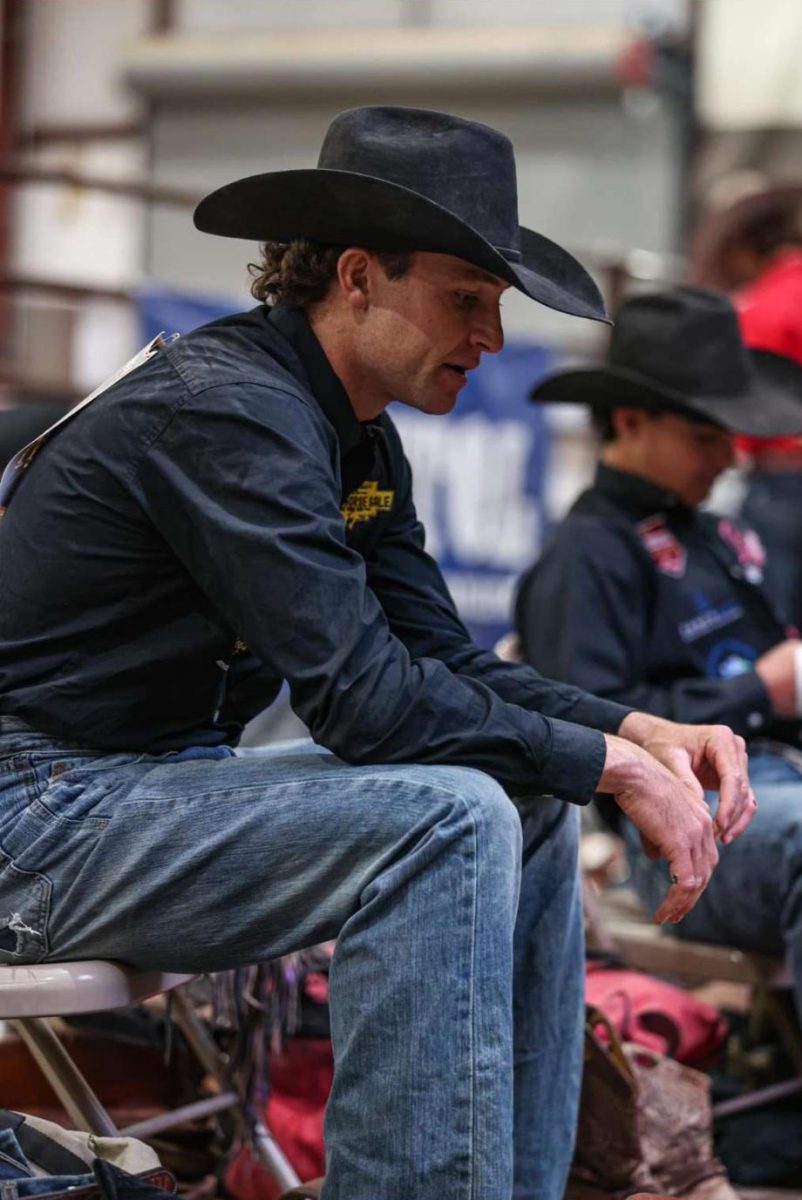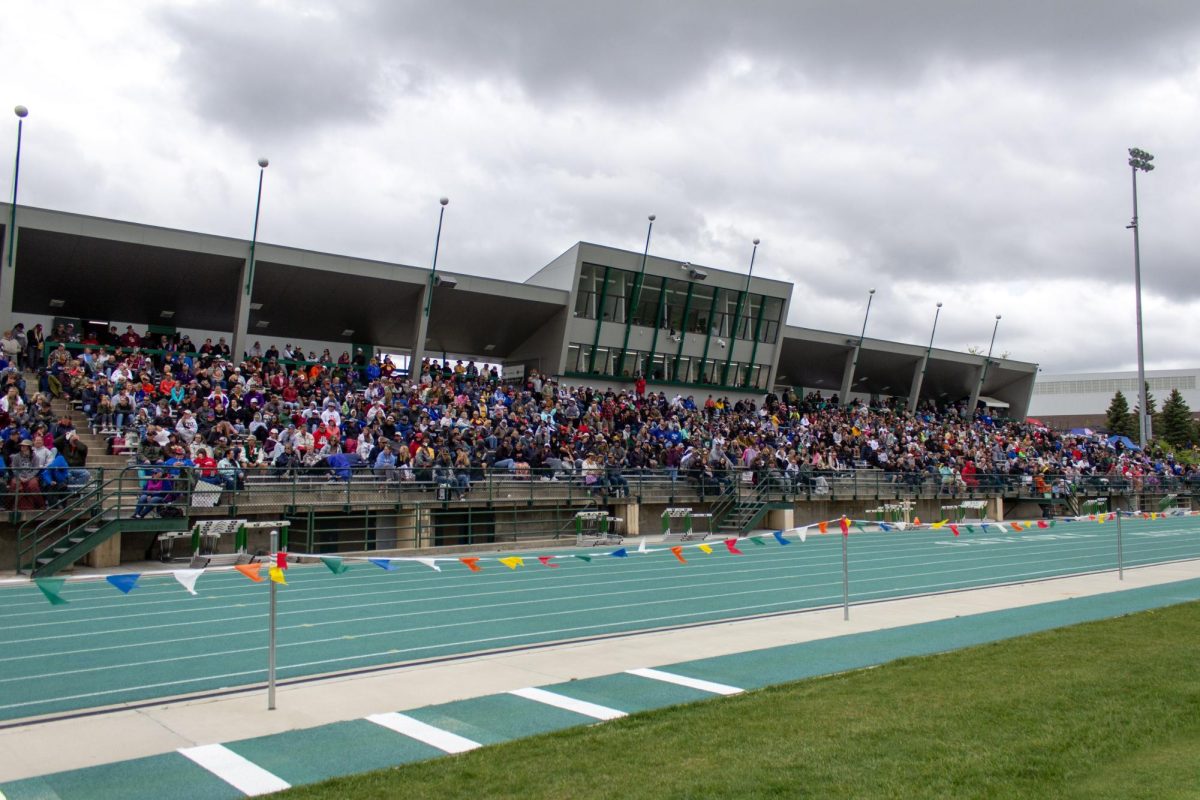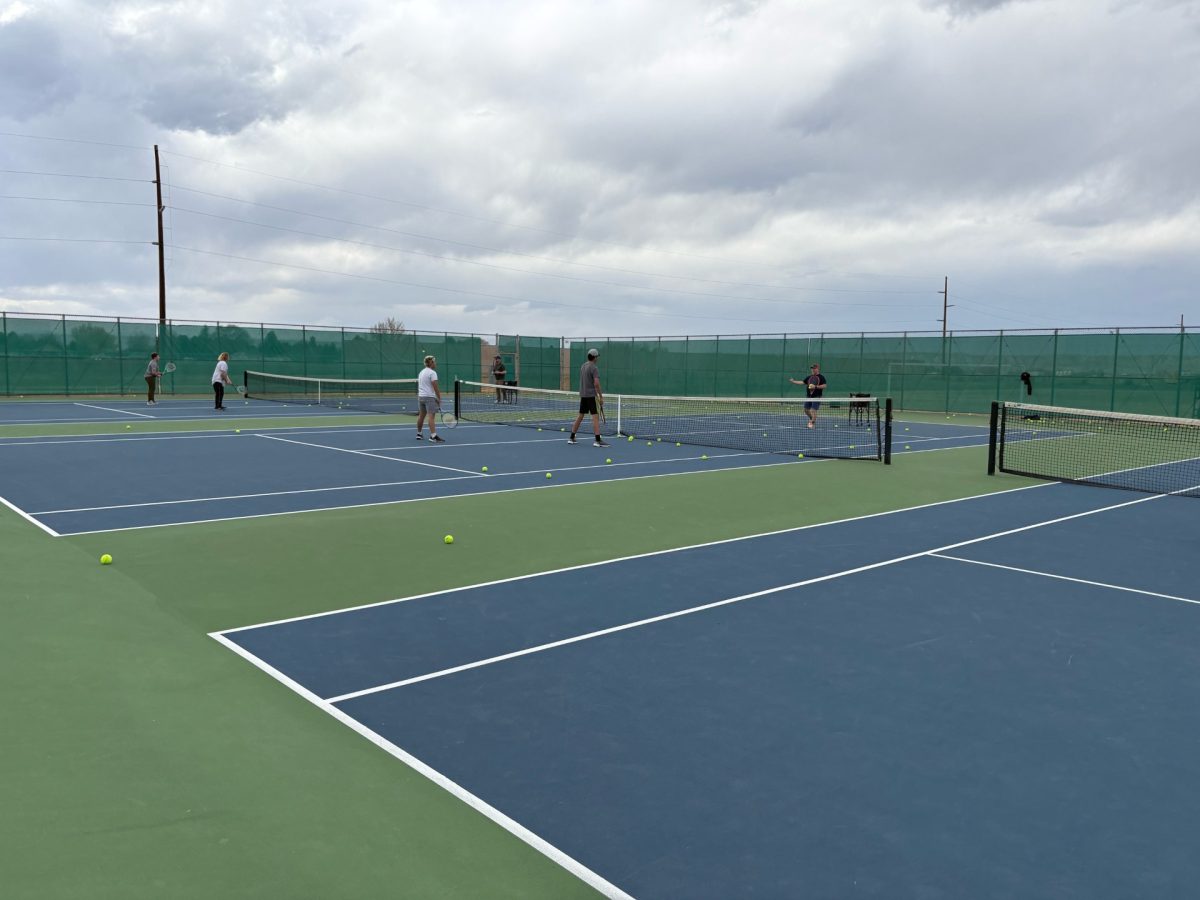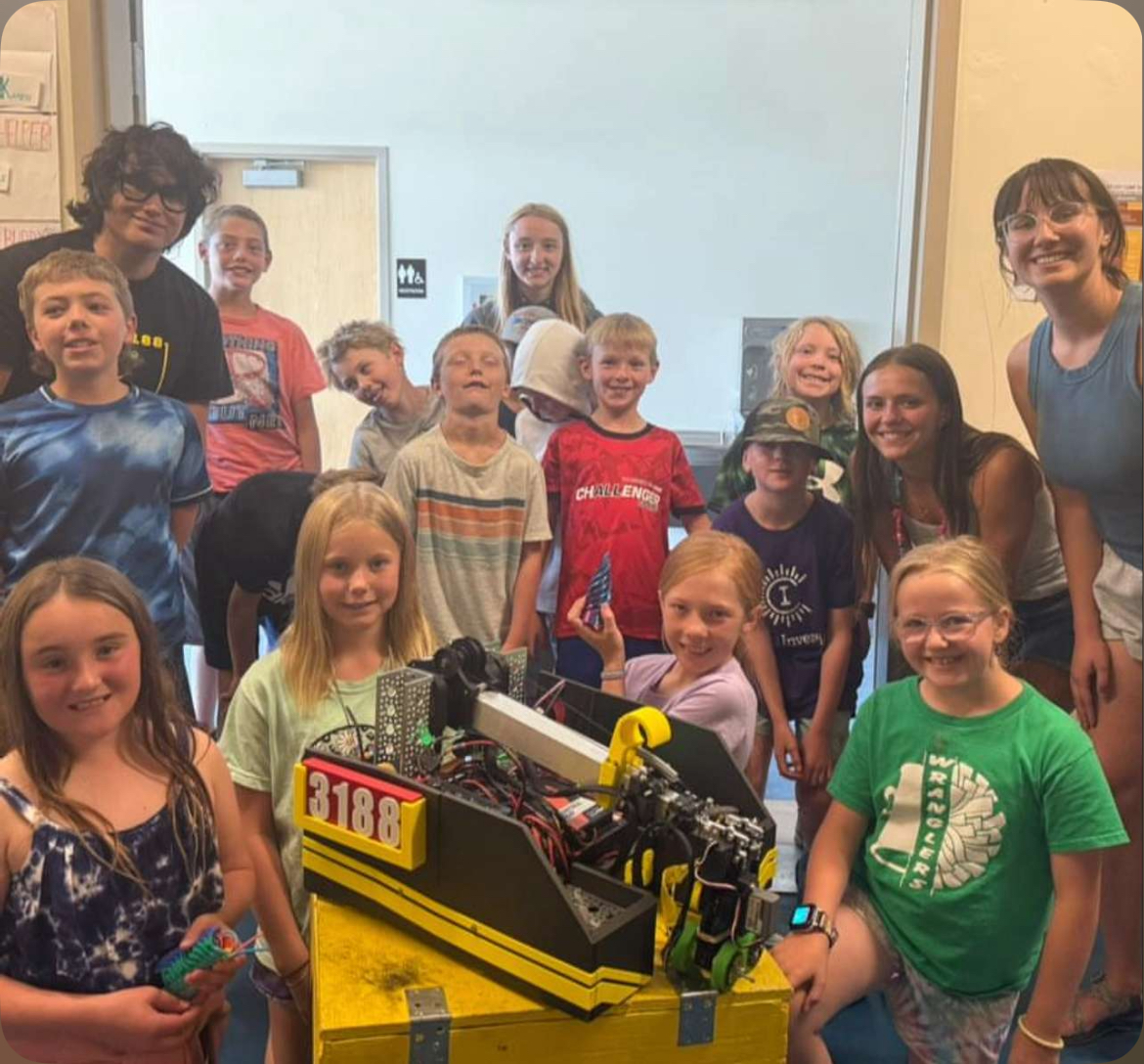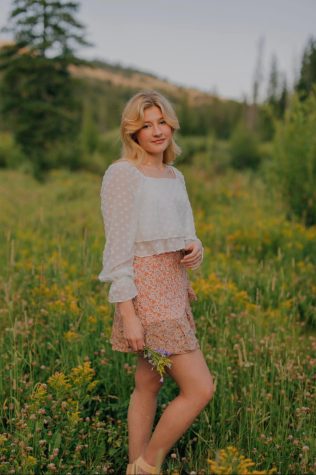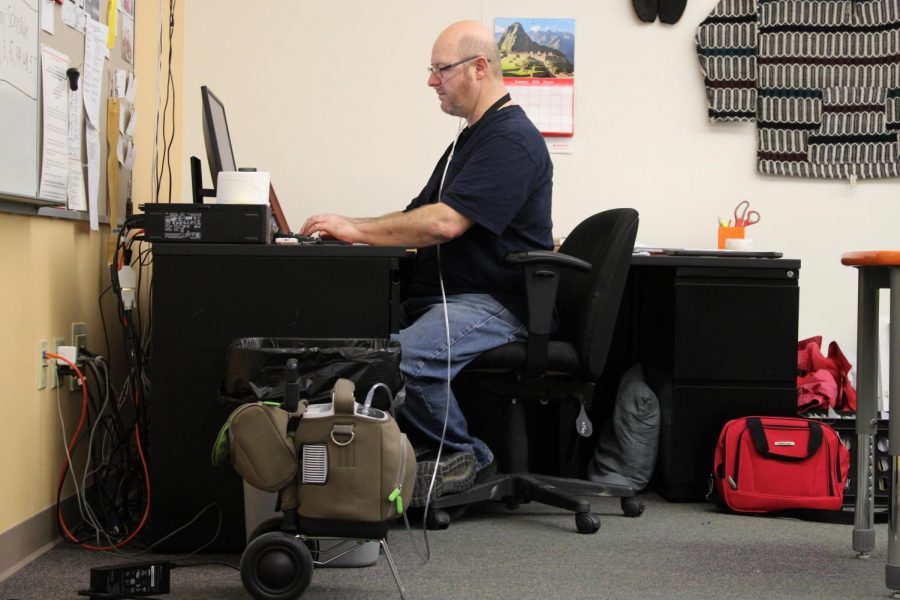THE ROAD TO RECOVERY
PHS teacher returns to school after hospitalization due to the COVID-19
PHS English and Spanish teacher Mr. Hans Hawley works at his desk at school. Beside him is his oxygen tank, which he requires after recovering from COVID-19.
For many PHS students, contracting COVID-19 is a mere inconvenience. But for English and Spanish teacher Mr. Hans Hawley, the virus has left his body — but with long-term consequences.
After fighting the illness for nearly three weeks in the hospital, Mr. Hawley is back at school and on the road to recovery. However, his experience with COVID-19 serves as a wake-up call for the community and testifies to the severity of the virus.
QUESTION: What symptoms of COVID-19 did you originally notice?
ANSWER: Initially, it just felt like a bad flu or cold. I was sick for a week before I got tested just because we couldn’t get into any place [to get tested] so we ended up going to Lovell for a rapid test. I’ve never been so sick as I was when I got COVID. I felt like dying.
Q: What made you realize that your COVID experience was going to be much worse than the common flu?
A: I really didn’t expect anything different [than the flu]. My wife is a nurse, and the week before she’d had this inspiration to buy an oxygen meter called an oximeter. She just thought it would be good to have just in case because COVID attacks the lungs and people can’t breathe. Most people have 90-95% oxygen saturation level and if you’re at 90%, you’re in the danger zone. One night my family was sitting around and my wife had everyone put [the oximeter] on and we went around the family with it. When it came to me, I was at 74% oxygen saturation and because my wife is a nurse she told me we were going to the hospital right away. I was really short of breath but I didn’t realize how sick I was. The oximeter probably saved my life because I probably would have just continued to get worse.
Q: When did you begin to finally recover from COVID alone?
A: Well, I was in the hospital for almost three weeks. The first week, I was sick at home before I was tested. The first week I was in the hospital, I was still suffering [directly] from COVID. I started getting over the COVID symptoms after the first week but that’s when the lung stuff really took off. I was really struggling to breathe. When I originally got to the hospital, they had me on 4 liters per minute of oxygen. As I stayed [at the hospital], I wasn’t getting any better. I was on a dozen different medications, really strong steroids and some really strong IV drip stuff, which I still have scars on my arms from. Eventually, they had to put me on what’s called a Vapotherm which is a big heavy oxygen machine. At the height of [my illness] after about a week and a half in, I was on 60 liters of oxygen per minute that was blowing in my nose and I was just barely maintaining at the 90% oxygen level. Overall, after about 2 weeks in the hospital, I started getting better.
Q: Based on your experience, are there any myths about COVID that you can debunk or prove to be true?
A: All I can say is that it’s so new. Every time I would talk to my doctors and ask questions, they would say the same thing. They would say, “You know, [COVID] is so new. We only have a year with it.” There are a lot of people who get COVID and don’t really get sick. My youngest son tested positive but was completely asymptomatic. It just affects everyone so differently. I am diabetic and that’s why I think it hit me harder than most people. My wife was pretty sick but my boys [basically] got the flu for a few days and then got over it. So, within our own family we had the complete range from me being hospitalized to my youngest son not being sick at all but still COVID positive. So I would say, you just don’t know. You can’t say that COVID is no big deal because it could be a big deal. It might be nothing, or you might die.
Q: What was your biggest fear while in the hospital?
A: I’ve got five kids at home and my wife, and I didn’t want to leave her alone. I was concerned I wasn’t gonna make it for a few days there.
Q: What were the biggest challenges, either physical or mental, that were posed by the illness?
A: Obviously the physical challenges, I am still dealing with. I can’t walk very fast, I’m on oxygen, I’m on a dozen new medications, I’ve got massive medical bills because I am seeing a blood specialist, a diabetes specialist, a COVID specialist, and my regular doctor who I am also seeing. But that’s not the worst part of it. The worst part was when I was in the hospital by myself. No one was allowed to come see me and I couldn’t talk to anybody except on the phone and it was too hard to breathe so talking wasn’t very much fun. Days 10-14 in the hospital, I was laying there wondering if I was going to live with no one to see and no one to talk to. That was really hard emotionally. I would say for me, the mental part was by far harder.
Q: Did you receive support from family or members of the community?
A: We had quite a few people help out; I guess I don’t want to name names because I don’t want to leave anyone out. We had some church friends who were just guardian angels for us. We had my family of course. My mother would come and drop off food for us. We had quite a few people bring us meals because we couldn’t go to the grocery store for like three weeks because we were in quarantine.
Q: What was one of the biggest things that helped you stay strong and fight off the virus?
A: My family was the biggest thing. [In the hospital], I would go back through my phone and look at pictures of my family, over and over and over to keep me grounded and know that someone loved me and that it was OK. Mr. Wormald and Mrs. McArthur texted me every single day asking how I was doing. It was kind of frustrating sometimes, texting them back and saying “Nope, I am getting worse.” I didn’t enjoy having to tell people I was getting worse and not being able to have good news for them. My substitute, Mrs. Smith, was just a godsend. She just happened to be the substitute that was able to come in and literally take my class, with no lesson plans because I was too sick to do anything, and take care of my classes for over a month. No other substitute would have been able to do something like that. I think it was a huge miracle that she just happened to be available. She has covered for me for my doctor’s appointments since then. She was a teacher in Lovell for over 30 years, so even though she wasn’t an English teacher, she knew how to run a class and how to deal with kids which was just a huge blessing. Overall, Mr. Wormald, Mrs. McArthur, and Mrs. Smith were just a huge help for me.

